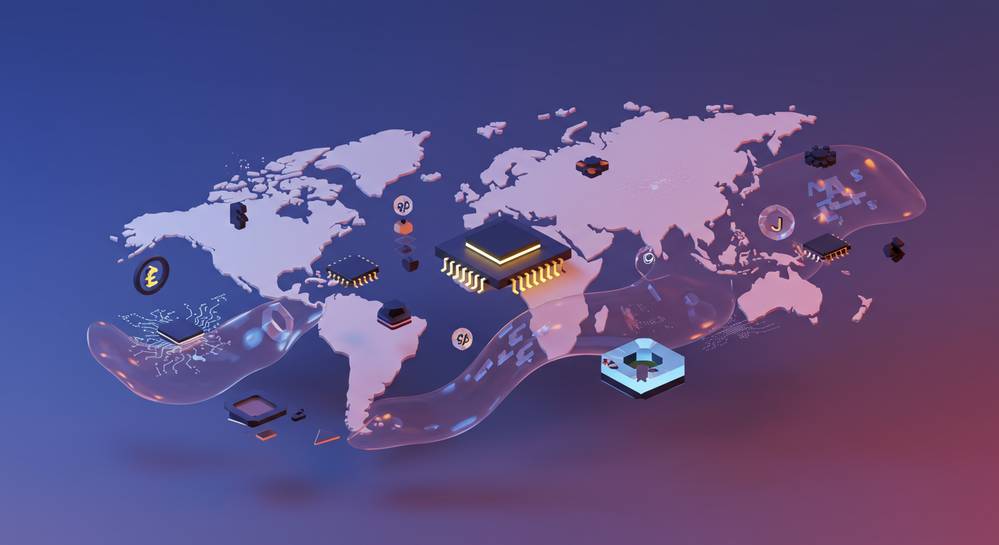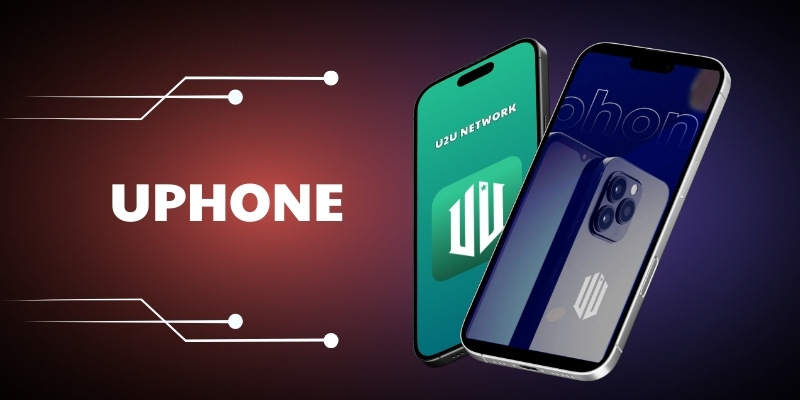Negative effects of social media on mental health are becoming too big to ignore. Ever feel like your thoughts are in a loop, replaying the same doubts and fears? With every alert and notification, our minds take a hit. We scroll, we compare, and the way we see ourselves starts to shift. Think about the last time you logged in. Did you log off feeling better or worse? As you dive with me into the stark realities of social media’s grip, you’ll see how our brains and moods are on the line. Let’s confront the hard truths together and uncover what’s at stake for your mental peace.
Understanding the Psychological Impact of Social Media
The Links Between Social Media and Mental Health Disorders
What are the ways social media can affect mental health? Social media can lead to conditions like anxiety and depression. Let’s look at this more closely. When you scroll through social media, seeing others’ great lives can make you feel down. They tell you about trips or show off shiny new things. You compare, and it can sting.
This is social comparison theory at work. It says we measure our lives against others. On social media, we tend to see just the good bits of people’s lives, not the hard parts. This can hurt our self-esteem, especially in the digital age where everyone seems to be doing so well.
What does fear of missing out (FOMO) mean? It’s a worry that you’re being left out or missing fun events. This can happen a lot with social media, where every post seems to show friends having a blast. You feel you’re missing out, which stirs up anxiety.
Now, what about depression from social media? It can stem from online interactions that bring sadness instead of joy. When others get likes or comments, and you don’t, it’s easy to feel less loved or important. This feeling can lead to depression.
Lastly, let’s talk about screen time and mental health. Staring at screens for hours can make your mind tired or even lead to sadness. Too much screen time can rob you of sleep or quiet moments for your brain to rest. When your mind doesn’t get these breaks, you can feel stressed or exhausted.
The Manifestations and Consequences of Cyberbullying
What is cyberbullying and how does it affect people? Cyberbullying is being mean to others online. It can happen on social media, through texts, or gaming. People get hurt or scared by mean words or threats. Kids and teens can suffer a lot from this.
Cyberbullying impact on mental health can be severe. Victims often feel alone and misunderstood. Many kids who are bullied online think about hurting themselves or even worse. It’s a big problem that we need to address.
When we talk about online harassment and mental health, it’s not just kids who are affected. Adults can be targeted too. This harassment causes stress and can wreck someone’s day or even life. It makes people scared to speak out or join online talks.
What happens when someone deals with body image issues from social media? It sometimes starts with pictures of perfect bodies that fill our feeds. This can make folks feel not good enough or like they need to change how they look. It can lead to sad feelings or eating disorders.
Seeing others getting picked on can hurt us too, known as psychological effects of cyberbullying. When we see friends hurt, it affects our feelings. Even if it’s not directed at us, it can make us scared or worried.
Loneliness on online platforms is real. You can be in a room full of people online but still feel alone. Being lonely like this can creep into your life and make you feel really sad, making it hard to reach out or make true friends.
Finally, why is taking breaks from social media good for mental peace? Turning off your phone or stepping away from the computer can give your brain the break it needs. A bit of quiet helps you find peace and calm. This is disconnecting for mental peace, and it’s a habit all of us could benefit from.
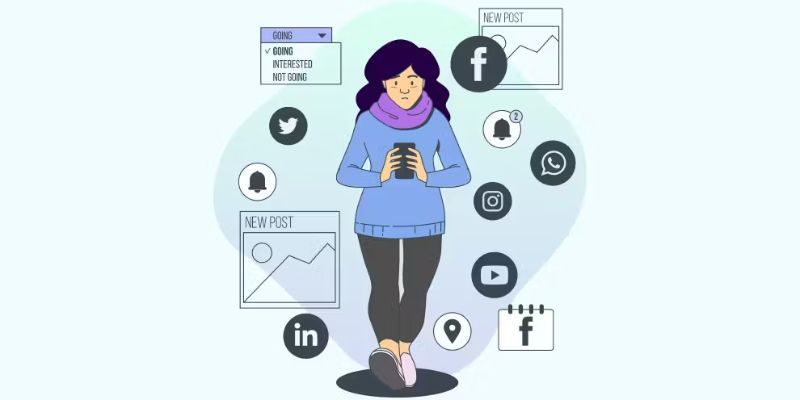
Behavioral and Emotional Consequences of Online Activities
Social Comparison, Body Image, and FOMO
We see others having fun on social media and feel left out. That’s FOMO, or fear of missing out. It’s real and can hurt. Also, seeing perfect bodies can make us feel bad about how we look. This is due to social comparison. We might think everyone is better or enjoying life more than us. Social media can also make us feel alone and low. But why?
One key term to know is ‘social comparison theory.’ This means we judge ourselves against others. We do it without thinking. Online, it’s all too easy. All those photos and posts of happy faces and “ideal” lives. It can make us feel we don’t measure up. FOMO kicks in when we scroll through party pics and trips. It can make us feel like we’re missing out on the fun.
Body image issues get worse with social media. We see lots of pics of people who look ‘perfect.’ This can make us feel bad if we think we don’t look the same. It can even lead to eating disorders.
Now, about social media anxiety and depression from social media. These are real problems. Spending too much time online can make us feel down or anxious. If we fail to get likes or comments, we might think we’re not good enough. This is the impact of likes on self-worth. It’s a big deal.
Let’s not forget loneliness online platforms can create. We’re ‘together’ online but alone in real life. We chat and share emojis, but where’s the real human touch? And with loneliness comes self-esteem issues in the digital age. If you feel alone a lot, it might hit your confidence hard. Social networking stress isn’t just a phrase. It’s a real thing. It wears us out.
Tackling the Phenomenon of Social Media Addiction
Wait, addiction to social media? Yes, it’s a thing. Like any habit, it’s tough to break. Are you checking your phone every few minutes? Can’t eat without a scroll through your feed? If yes, then, my friend, you might have a hint of social media addiction.
We want to cope with this, right? Here’s how. First, know the signs. If you’re on social media non-stop, if it’s all you can think about, we’ve got a red flag. Next, notice the feelings. Are you down when you’re not online? This is key.
Having a plan helps. Limit your screen time, take real breaks. Not just a moment away, but times where your phone’s out of sight. A digital detox benefits us all. It’s like a breather for your mind.
Kids too need breaks. Parenting and screen time control go hand in hand. Set rules, be firm. It’s for their health.
Finally, build a life beyond screens. Hobbies, sports, reading. Find joy away from likes and shares. It can be tough, but it’s worth it. It helps us feel better, value real connections, and live a fuller life.
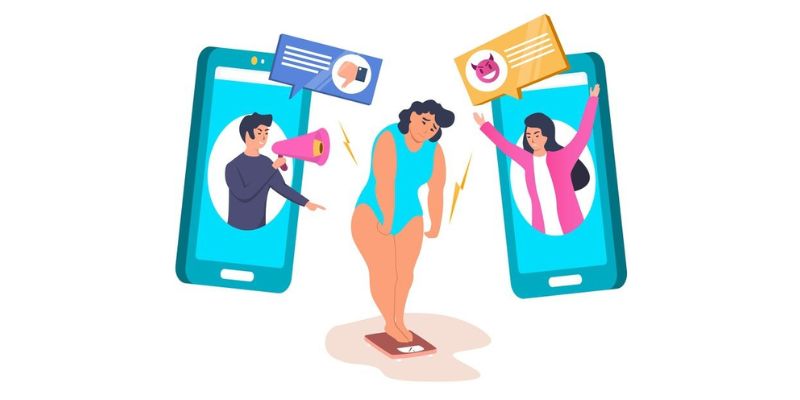
The Physiological Effects of Digital Overexposure
Sleep Disturbances Caused by Electronic Devices
Have you noticed trouble sleeping after using your phone at night? Blue light from screens can mess with your sleep. It tricks your brain into thinking it’s still daytime. Your body does not release the sleep hormone, melatonin, like it should. This means you may find it hard to sleep or stay asleep.
Kids and teens need to sleep well for their brains to grow right. When they use devices before bed, their sleep may suffer. Bad sleep can lead to problems like not doing well in school, feeling sad, or being cranky.
If you use your phone, tablet, or computer a lot at night, try to stop using them an hour before bed. This can help your brain get ready to sleep. You can also use night mode on your devices. This changes the light to a warmer color that’s better for nighttime.
The Relationship Between Screen Time and Mental Fatigue
Staring at screens for too long can make you feel worn out. Your brain gets tired from all the info it sees online. It’s like mental overload. This can make you feel down or stressed.
When you scroll through social media, every like, photo, or comment can make your brain light up. This makes your brain work hard to keep up. It can feel good at first, but too much of this can wear you out.
Too much screen time can also make you skip out on things that are good for your brain. If you’re always online, you might not move around or hang out with people face to face. Your body needs to move, and your mind needs rest from screens.
To keep your mind fresh, take breaks from your devices. Make time to go outside or do things that don’t involve screens. This gives your brain a chance to relax and recharge.
Remember, phones and computers are tools that can help us. But just like with all good things, too much can be a problem. Be smart about how you use them, so they don’t end up using you. Taking care of your sleep and giving your brain a break from screens can keep you feeling your best.
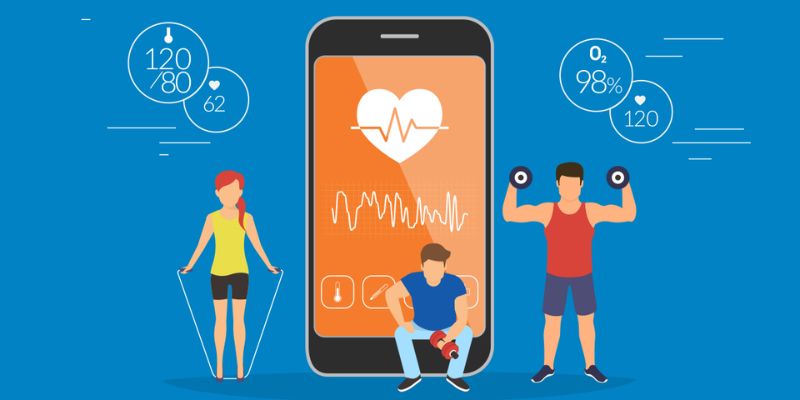
Strategies for Managing Social Media Influence on Well-being
Approaches to Digital Detox and Disconnecting
Are your thumbs always scrolling through apps? You might not see it, but your brain does. When we think of bad health, we think sick bodies. Yet, our minds get sick too. Social media can make minds unwell, just like bodies. Just like junk food, too much screen time can hurt us. Too many posts, shares, and likes can wear us out. Stress from screens is real. So, what can we do? It’s simple: cut back.
Have you heard of a “digital detox”? It means taking breaks from screens. Not forever, just for a bit. It’s like a vacation for your mind. Digital detox helps your brain rest. You stop the scroll and start to breathe. Your mind unwinds. With fewer buzzes and beeps, you can find peace.
But how? Start small. Pick times to turn off phones and computers. Maybe at dinner, or before bed. You choose. You’ll see how quiet helps your thoughts. For more help, check out these ways to power down.
Educational and Parental Guidelines for Screen Time Control
Now, let’s talk kids. We know they love screens. But too much can harm them. It can make it hard for them to learn and play. As a grown-up, you can help. Set screen rules. How long can they watch or play? Stick to the plan. Make sure they take breaks. Go play outside. Read books. Talk face to face. Real life matters.
For teens, it’s about balance. Teach them. Show them good screen habits. Talk about what they see online. Ask questions. Listen. Be their guide. It can help them make smart choices.
Get the whole family on board. Have screen-free times together. Maybe a game night? Or a walk? It’s about making time to connect without Wi-Fi. Schools can help too. They can teach about screen time and staying safe online.
Remember, it’s not all bad. Screens can help us learn and find friends. Yet, too much can be too much. Take charge of your screen time. Help kids do the same. Make sure screens are a tool, not a trap. Your mind will thank you, and your kids will too.
Screens are part of life. But like anything, we need them in small, healthy amounts. Watch, play, learn, then turn it off. Let your mind rest. Play, laugh, and live beyond the screen. A happy, healthy world waits. It starts with hitting “pause” on the digital life, and “play” on the real one.
We’ve seen how social media can affect our minds and feelings. It can link to health troubles and lead to mean behavior like cyberbullying. Our actions and emotions can change from online stuff, making us feel bad about our bodies or left out. And too much screen time? It messes with our sleep and tires out our brains.
To deal with this, we can take breaks from screens and set rules for how much we use them. By knowing the effects and taking steps to control them, we can enjoy social media without letting it harm our well-being. So, remember, take charge of your screen time, look after your mind, and keep your body healthy. That’s how we make sure we’re using tech for good, not letting it control us.
Q&A :
How can excessive social media use impact mental health?
Excessive use of social media can lead to various negative impacts on mental health, including anxiety, depression, and feelings of inadequacy. The constant comparison with others’ curated lives can lower self-esteem and increase feelings of loneliness. It has also been shown to disrupt sleep, lead to addiction-like symptoms, and contribute to attention difficulties.
What are the signs of social media-induced anxiety?
Signs of social media-induced anxiety might include a constant need to check notifications, feelings of worry or discomfort when not able to access social media, and distress about missing out on posted content. This type of anxiety can also manifest in physical symptoms such as headaches, increased heart rate, or sleep disturbances.
Does social media affect teenagers’ mental health differently than adults?
Yes, teenagers can be more susceptible to the negative impacts of social media on their mental health compared to adults. This is due to their ongoing development and heightened need for peer approval. Teenagers are more likely to experience cyberbullying, body image issues, and social anxiety as a result of social media use.
How can one mitigate the negative mental health effects of social media?
To mitigate the negative mental health effects of social media, it is essential to set boundaries such as limiting screen time, taking regular breaks, and engaging in offline activities. Additionally, curating a positive social media environment, following accounts that inspire and uplift, and practicing mindful social media use can go a long way in protecting mental health.
Are there long-term consequences of social media on mental health?
There can be long-term consequences of prolonged social media misuse on mental health, which include chronic anxiety, depression, and other mood disorders. Over time, the dependency on social media for validation or social interaction can impair real-life social skills and cause significant challenges in personal and professional relationships.

